As the world focuses on reducing carbon emissions and embracing sustainable technologies, the Heat Pump, Air Conditioning, and Refrigeration sector is playing a pivotal role. Despite the industry’s importance in promoting energy efficiency, it faces significant challenges. These challenges, ranging from policy-driven hurdles to labour shortages, threaten progress and must be addressed to ensure a bright and sustainable future.
The Role of Heat Pumps in a Low-Carbon Future
Heat pumps are crucial in reducing the carbon footprint of heating systems. They provide efficient heating and cooling using much less energy than traditional systems. As the UK targets net-zero emissions by 2050, heat pumps will be vital to achieving these goals.
At Lunar Refrigeration Ltd, we’ve seen the growing demand for air-source and ground-source heat pumps. Businesses, driven by environmental regulations and the need to cut costs, are turning to these technologies. However, transitioning to heat pumps is not without its obstacles.
Challenges Facing the Industry
1. Skills Shortage
The labour shortage is one of the biggest challenges the sector faces today. Skilled HVAC engineers who can install and maintain advanced heat pumps and refrigeration systems are in short supply. This staffing crisis leads to project delays, with businesses—especially those in rural areas—struggling to find qualified professionals.
While companies are offering higher wages, investing in training, and improving working conditions, these efforts alone won’t solve the issue. A national strategy for workforce development is needed. Training incentives, apprenticeships, and more streamlined pathways into the industry are essential.
2. Government Policies and Financial Pressures
Although the government supports green technologies, inconsistent policies are causing friction. For example, the return of VAT on energy-efficient technologies to 20%, after the pandemic relief of 5%, has increased costs for businesses and consumers. This tax hike stokes inflation and undermines efforts to make energy-efficient solutions more accessible.
Additionally, the upcoming corporation tax increase will place further financial strain on businesses still recovering from the pandemic. While restrictions have eased for many sectors, ours was hit hard by the stop-start nature of lockdowns. The government must rethink these tax burdens, enabling businesses to invest in new technology and workforce expansion without additional pressure.
3. Supply Chain Disruptions
The global supply chain crisis has also affected our sector. Procuring critical components, such as refrigerants and copper piping, has been plagued by delays and price increases. Even small delays can have a knock-on effect, leading to higher costs and project overruns.
Opportunities for Growth and Innovation
Despite these challenges, there are significant opportunities for businesses willing to adapt and innovate.
Embracing Smart Technologies
One way we are overcoming some hurdles is by integrating smart technologies into our systems. The Internet of Things (IoT) allows HVAC systems to become smarter, offering remote monitoring, predictive maintenance, and real-time diagnostics. This reduces downtime and improves efficiency for clients.
At Lunar Refrigeration Ltd, we’re investing in these smart HVAC systems, helping our clients reduce costly repairs and extend the lifespan of their equipment.
Sustainable Refrigerants
Governments worldwide are phasing out high-global-warming-potential (GWP) refrigerants, creating a growing demand for eco-friendly alternatives. The transition to refrigerants like R32 and R290 is driving innovation in refrigeration and air conditioning.
At Lunar, we’re leading the charge in offering sustainable cooling solutions, helping clients transition to environmentally friendly systems that are also cost-effective in the long run.
Government Incentives
While some government policies create challenges, there are still financial incentives available for businesses looking to adopt green technologies. For example, programmes like the Boiler Upgrade Scheme offer funding for heat pump installations. Additionally, energy-efficiency grants incentivise businesses to invest in sustainable systems.
Lunar Refrigeration Ltd is well-positioned to help businesses navigate these schemes and maximise the financial benefits.
What’s Next for the Industry?
The future of the heat pump, air conditioning, and refrigeration sector is bright, but only if businesses, government, and industry bodies work together. We need:
- Clearer policy direction
- Better workforce development
- Reduction in financial burdens
The sector has the potential to drive economic growth, create thousands of skilled jobs, and play a key role in combating climate change. At Lunar Refrigeration Ltd, we are committed to providing innovative, sustainable solutions and advocating for a better business environment that supports growth and innovation.
Contact Us
To learn more about how Lunar Refrigeration Ltd can help your business transition to energy-efficient cooling and heating systems, contact our team today!

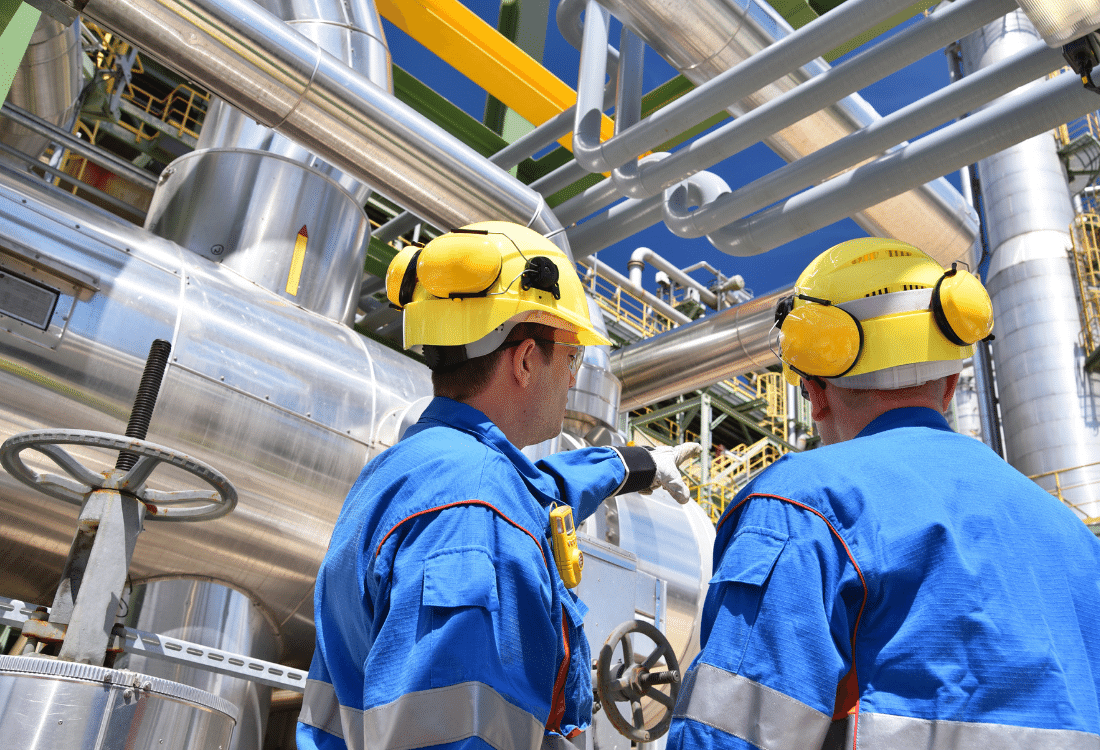
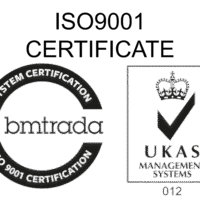
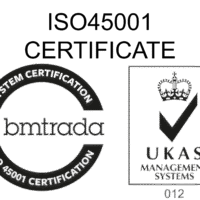
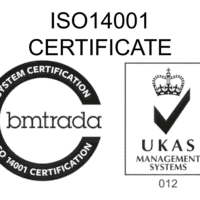
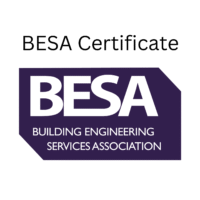
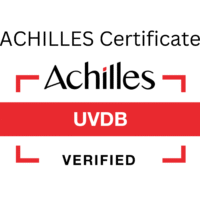
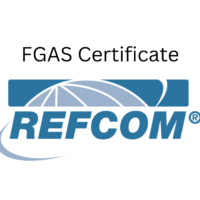
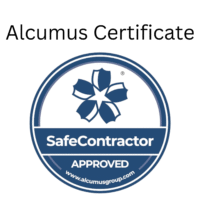
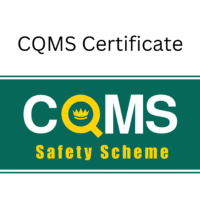
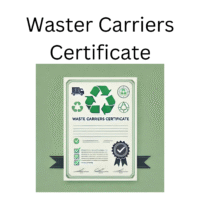
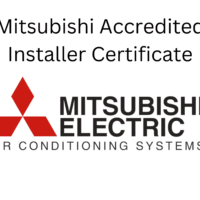
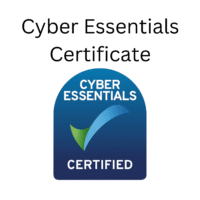
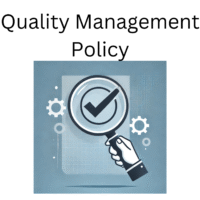


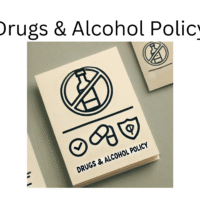
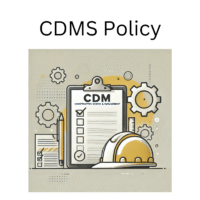
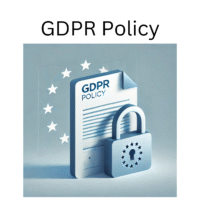
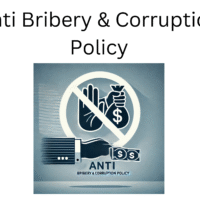
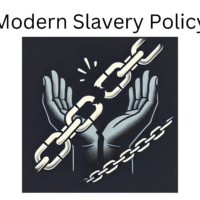
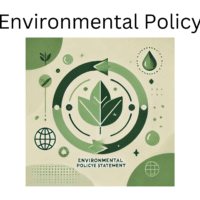

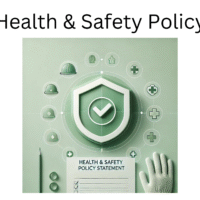
Love your blog